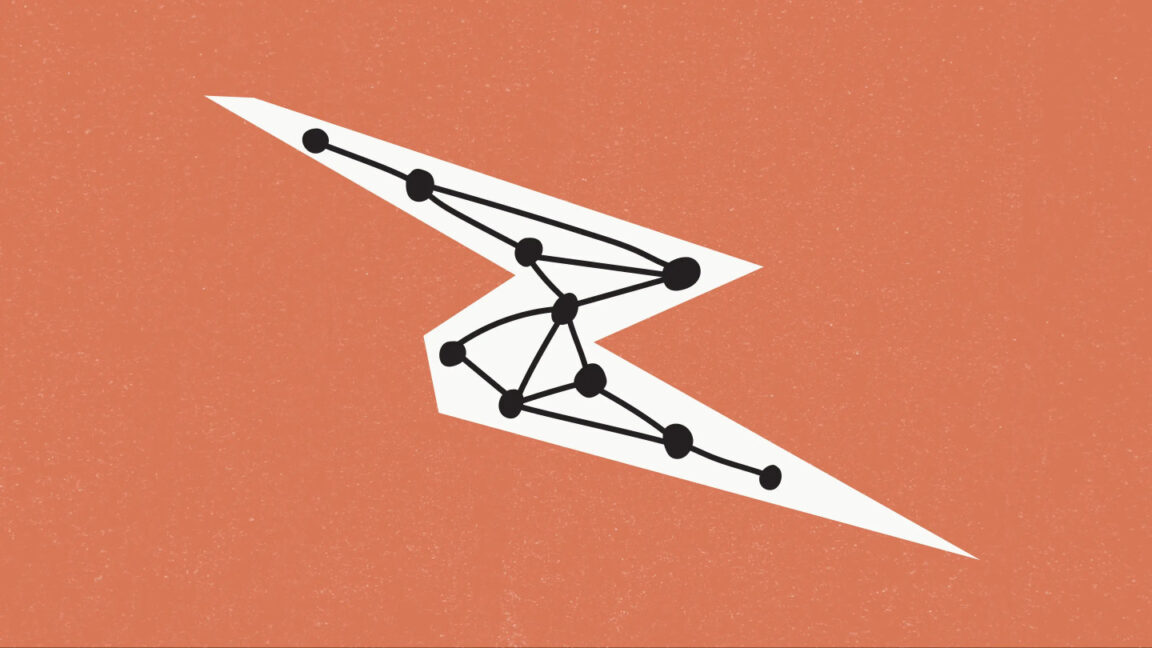
Talking of Opus, Claude 3.5 Opus is nowhere to be seen, as AI researcher Simon Willison famous to Ars Technica in an interview. “All references to three.5 Opus have vanished with out a hint, and the worth of three.5 Haiku was elevated the day it was launched,” he stated. “Claude 3.5 Haiku is considerably costlier than each Gemini 1.5 Flash and GPT-4o mini—the superb low-cost fashions from Anthropic’s opponents.”
Cheaper over time?
To this point within the AI business, newer variations of AI language fashions usually preserve related or cheaper pricing to their predecessors. The corporate had initially indicated Claude 3.5 Haiku would value the identical because the earlier model earlier than saying the upper charges.
“I used to be anticipating this to be an entire substitute for his or her present Claude 3 Haiku mannequin, in the identical means that Claude 3.5 Sonnet eclipsed the present Claude 3 Sonnet whereas sustaining the identical pricing,” Willison wrote on his weblog. “On condition that Anthropic declare that their new Haiku out-performs their older Claude 3 Opus, this value isn’t disappointing, nevertheless it’s a small shock nonetheless.”
Claude 3.5 Haiku arrives with some trade-offs. Whereas the mannequin produces longer textual content outputs and accommodates newer coaching information, it can’t analyze photographs like its predecessor. Alex Albert, who leads developer relations at Anthropic, wrote on X that the sooner model, Claude 3 Haiku, will stay obtainable for customers who want picture processing capabilities and decrease prices.
The brand new mannequin is just not but obtainable within the Claude.ai net interface or app. As an alternative, it runs on Anthropic’s API and third-party platforms, together with AWS Bedrock. Anthropic markets the mannequin for duties like coding recommendations, information extraction and labeling, and content material moderation, although, like all LLM, it may possibly simply make stuff up confidently.
“Is it adequate to justify the additional spend? It may be tough to determine that out,” Willison informed Ars. “Groups with sturdy automated evals in opposition to their use-cases will likely be in an excellent place to reply that query, however these stay uncommon.”



